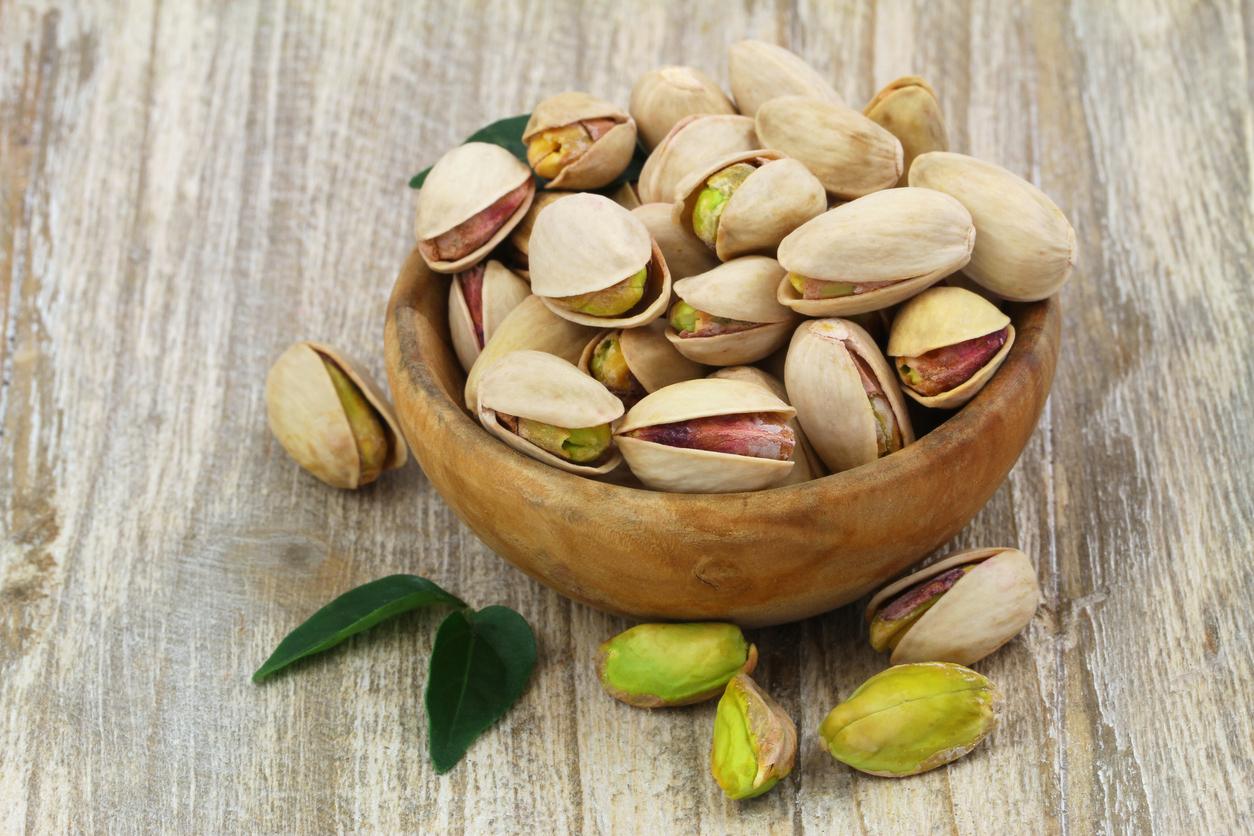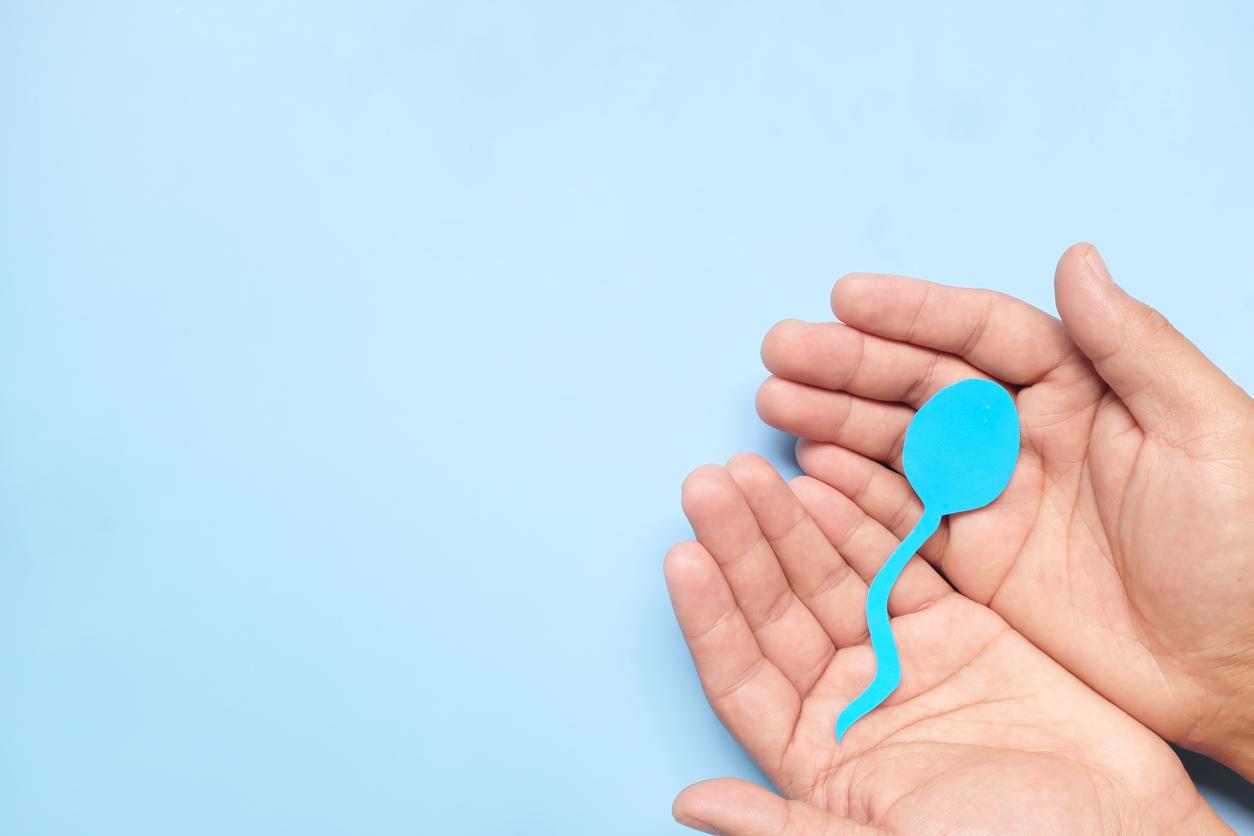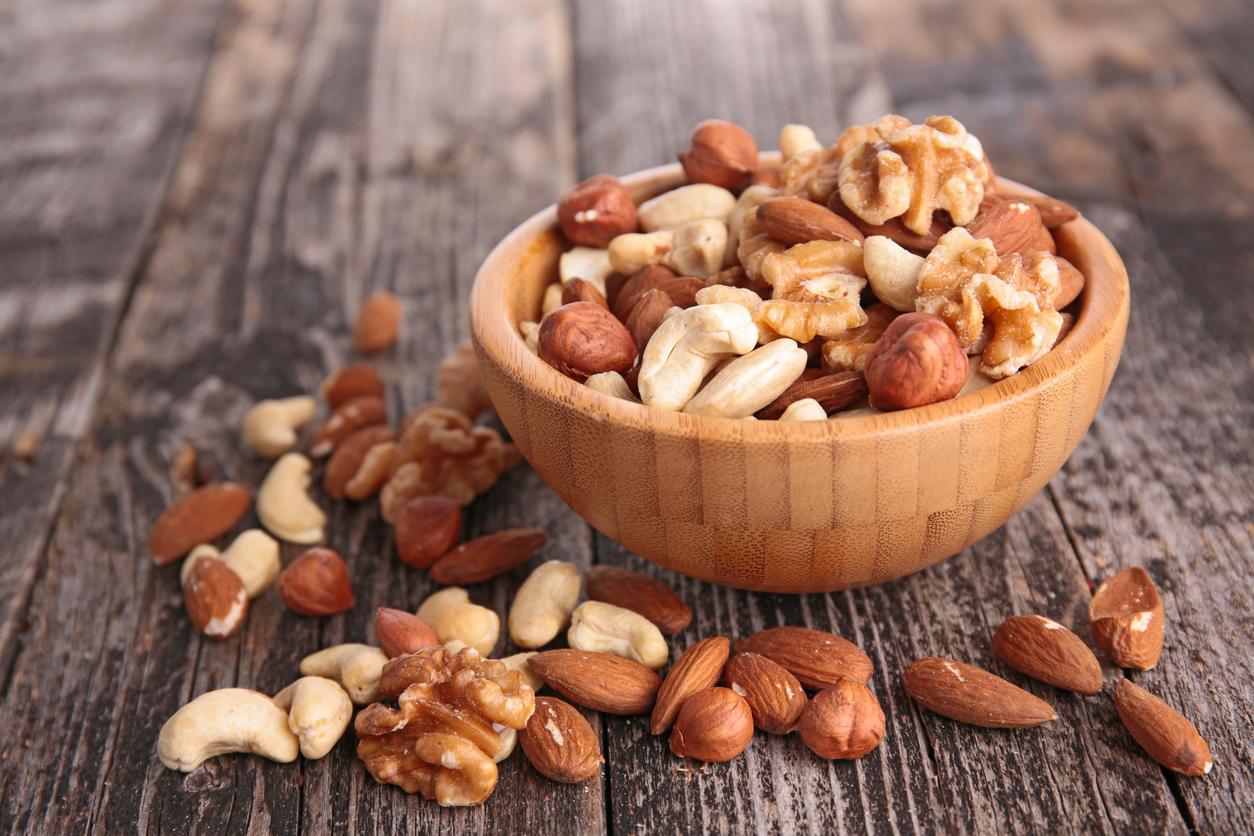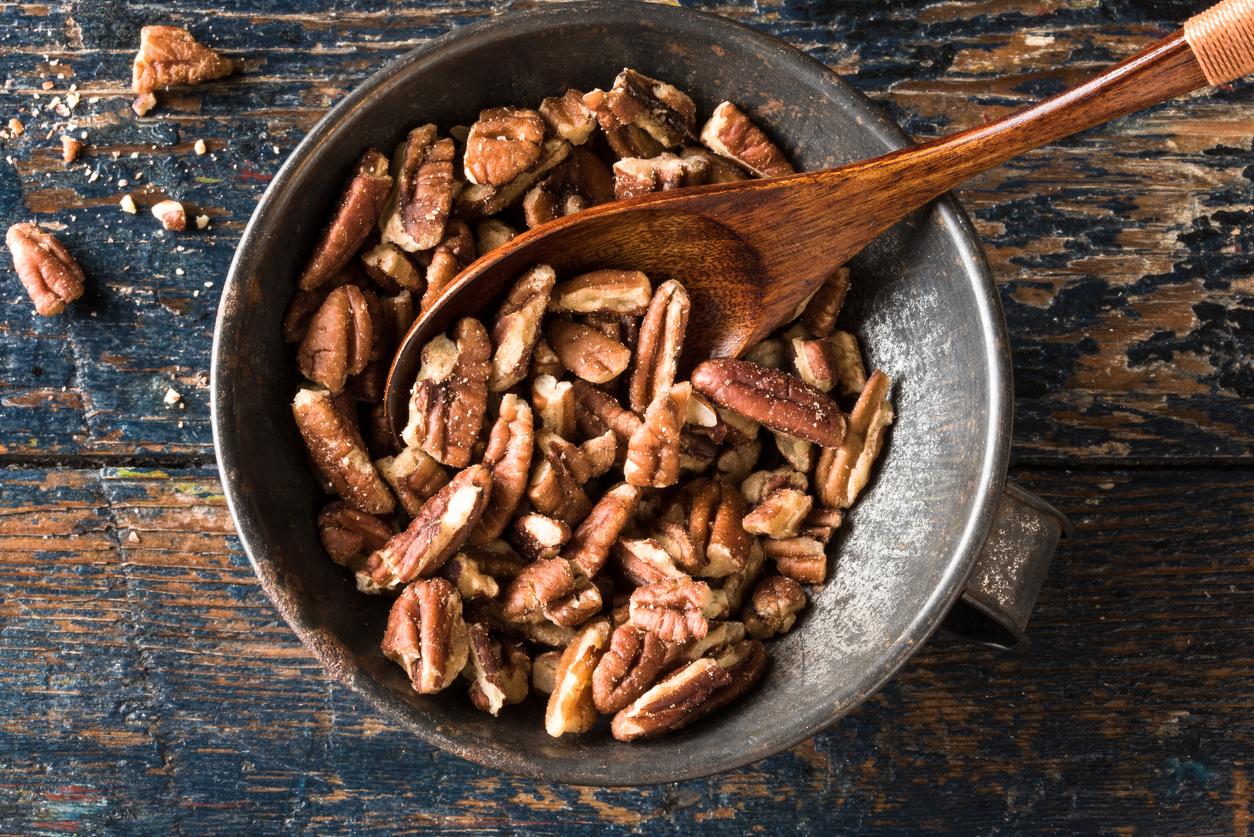
Bitter taste due to pine nuts
Pine nuts are widely used in salads and meals. Many people like them, but there are people who get a bitter taste in their mouth a few days after eating pine nuts. This pine nut syndrome, also called PNS (from the English pine nut syndrome), can last from a few days to a few weeks.
Pine nut syndrome develops after eating pine nuts. Not right away, but usually after a day or two. People suffer from an all-consuming bitter taste. Nothing tastes good anymore and a bitter metal taste dominates. Nothing, absolutely nothing, helps to get rid of the bitter taste. Often it even worsens when eating or drinking other foods. The condition is also known as ‘cacogeusia’ or ‘metallogeusia’.
Symptoms
PNS is mainly characterized by a bitter and metallic taste. It can be mild, but also intense. French research shows that the time between consumption of the pine nuts and the first symptoms varies between one to three days. These last between two and 15 days and disappear on their own.
China
Pine nuts have been eaten in Europe for years. Nevertheless, the first complaints about the bitter taste after eating pine nuts only date from 2001. The new Food and Consumer Product Safety Authority (nVWA) thinks that this may be the key to the cause of the complaints. Due to the increasing demand for pine nuts in the world, production in China, Turkey and Pakistan has increased. The complaints seem to come mainly after eating Chinese pine nuts. Pine nuts from Europe appear to have no influence on the taste.
The country of origin is not mentioned on the packaging of most pine nuts in the store. A Leiden geneticist, Ben Zonneveld, has studied the pine nuts and says: the website of the Leiden University Weekly Mare how to recognize ‘wrong’ pine nuts.
According to him, if you are prone to pine nut syndrome, you should avoid the pine nuts called Pinus armandii. These pine nuts taste the same, but a day later you will notice the difference. The geneticist can distinguish them in the laboratory, but also with the naked eye. “If you look closely, you can see that the Pinus armandii is oval, smaller and greyish.”
You can safely take other pine nuts, even if you are sensitive to pine nut syndrome, without getting any complaints.
taste stimulus
Not much is known about the origin of pine nut syndrome. An American toxicologist, Gregory Möller, has a hypothesis about. He assumes that the metallic and bitter taste is caused by the interplay of certain receptors in the gut, which provide a taste stimulus to the brain, bile and liver. The taste stimulus of PNS is only established in the intestines and therefore the deviant taste is not noticed until later and not immediately after eating the pine nuts.
Sources):

















